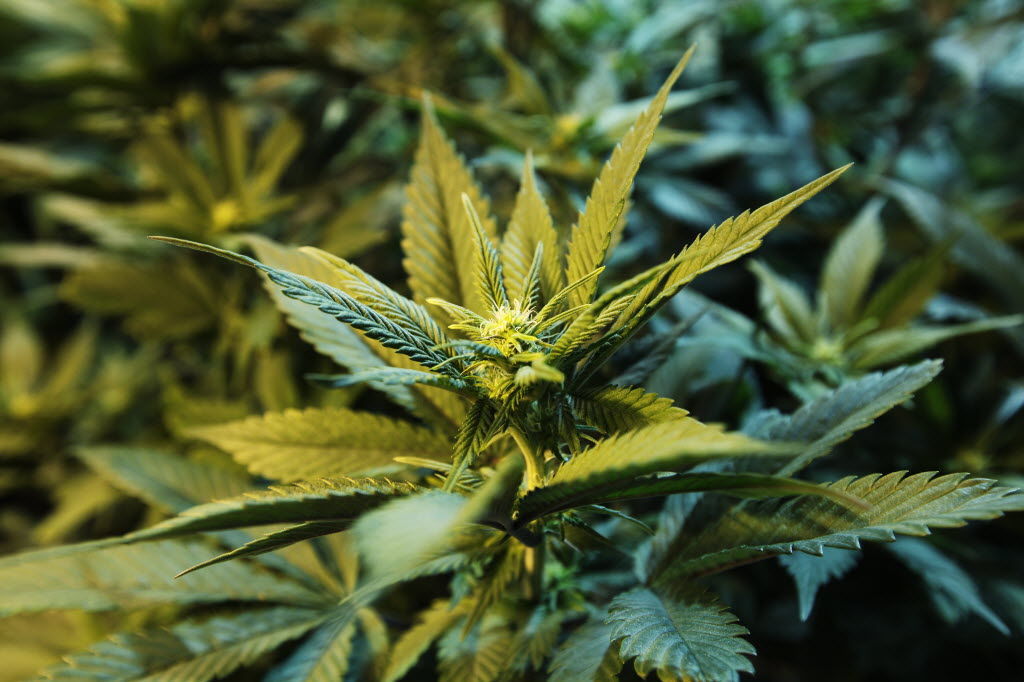PHOENIX — An Arizona firm that grows, processes and sells marijuana in multiple states is buying another company to create what will likely be the nation’s largest such operation.
Harvest Health and Recreation Inc., which started with a single retail outlet in Tempe six years ago, will pay the equivalent of about $850 million of Harvest stock for Illinois-based Verano Holdings LLC.
The deal, once it goes through, should give Harvest more than 70 dispensaries across nine states with locations coming in three others.
Some, like the eight sites currently open in Arizona — the company has a license for another — sell only to people who have state-issued medical marijuana cards.
Others sell for adult recreational use or are planning to do so in states that permit it.
The new company also will have 13 cultivation sites and 13 manufacturing facilities.
That combination, which currently needs regulatory approval, will also give Harvest access to various brands of marijuana products such as GoldLeaf, Menta, Sweet Sins and Avexia, to add to Harvest’s own Dream Steam vaping products.
CEO Steve White said making the company larger through acquisition makes sense, but not in the way it might for, say, companies that sell soda or any other retail product. The reason is simply that marijuana remains illegal under federal law.
Each state’s operation must remain separate and discrete, given that nothing can cross state lines.
Harvest retailers in each state have to depend solely on marijuana grown and processed within that state.
Compare that, he said, to any other agricultural product.
“It would normally be true you would have a couple of ginormous facilities and a couple of really big manufacturing houses and ship things everywhere,” White said. “Instead, we have to set up the complete infrastructure, A to Z, in every state we operate.”
That means access to cash is needed for expansion. But White said finding investors is difficult, particularly as Harvest cannot legally be listed on the New York Stock Exchange. Instead, the stock sells on the Canadian Stock Exchange, though people can acquire shares in the U.S. through over-the-counter sales.
“There are a lot of conversations that you’re hearing about large companies making investments into U.S. cannabis companies, or thinking about it or examining it,” White said.
“When they do that they’re going to tend to gravitate toward the larger operators. So we want to put ourselves in the position to be the first one that gets the call when a large alcohol company wants to invest in U.S. cannabis or a consumer package company wants to invest in U.S. cannabis.”
For now, that discussion is purely academic, White said, as companies that trade on U.S. stock exchanges can’t legally get involved in marketing marijuana.
“You either have to come up with some really unique structure that nobody’s thought of, or you prepare yourself for that eventuality,” he said.
White said that will occur if Congress approves the STATES Act, short for Strengthening the Tenth Amendment Through Entrusting States. It would recognize legal marijuana in states where either voters have approved it, as has occurred in Arizona for medical use, or through legislative acts.
In the meantime, the fact that federal law still considers growing, selling and possessing marijuana to be a felony, creates its own problems for the CEO.
Because of federal law, companies like his do not have access to traditional banks.
“We don’t have the financing to grow like any other business,” White said.
“I can’t walk into Chase and go get a small-business loan so that I can build some more stores,” he said. “So we need to actually attract outside investment in order for us to grow.”
“It’s challenging to use credit cards in our facilities,” he added, as the banks that issue these cards won’t process the transactions for fear of running afoul of federal laws. “And so you can’t purchase cannabis like you can any other product.”
And then there are the federal tax laws.
White said Harvest has to pay federal income taxes on its profits, just like any other business. But unlike other businesses, it cannot deduct its expenses because, as the Internal Revenue Service sees it, those expenses are being used to violate federal law.
“So they’ll recognize your income from your illegal activity,” he said. “But they don’t want to recognize the expenses associated with that activity.”





